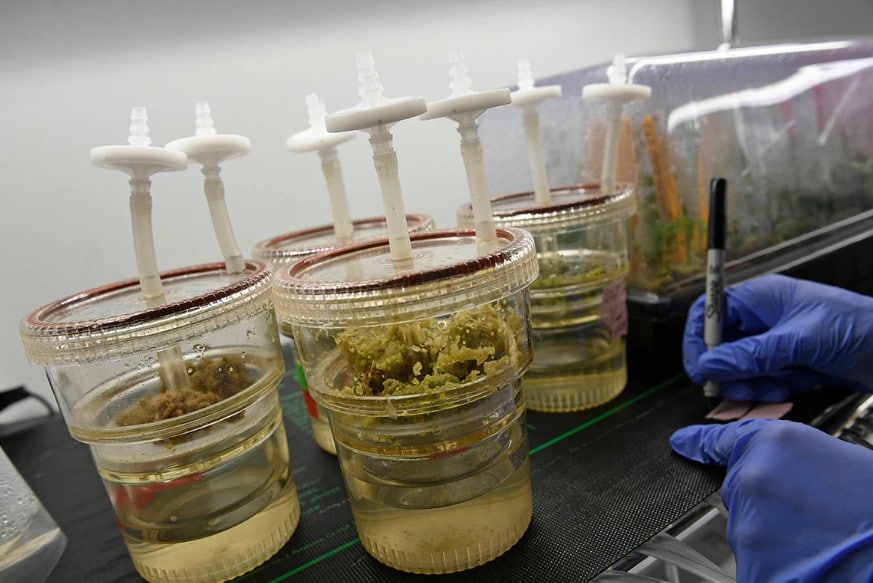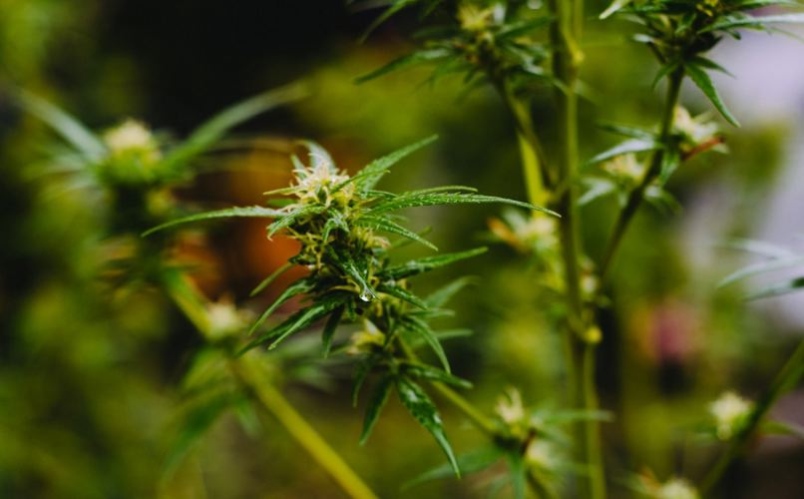For years, marijuana enthusiasts have watched in horror as researchers made approximations about the extent in which their high school weed smoking habits have affected their long-term cognitive health.
In the mainstream media, you don’t have to look far to find warnings about adolescent marijuana use increasing risks for psychotic symptoms and schizophrenia, and a decreased capacity for just about every mental function from problem-solving to emotional regulation. But a new study could give young marijuana enthusiasts a reason to exhale.
The study, published in JAMA Psychiatry, was a meta-analysis of 69 studies that analyzed the effects of smoking marijuana during adolescence. Combined, the studies examined the outcomes of marijuana use among a total of 2,152 young people with an average age of about 20.
This allowed the researchers to compare and assess the methodology used in various studies to offer a more comprehensive understanding of the results of adolescent marijuana use. According to the authors, studies that looked into the cognitive impacts of marijuana use 72 hours after abstaining found “a very small, nonsignificant effect size.” In other words, while marijuana was found to have an impact on cognition, these effects virtually disappeared once users abstained from marijuana for 72 hours.

Credit: herb.co
Numerous studies suggest that marijuana use among adolescence doesn’t necessarily lead to significant long-term cognitive impacts. In The Outline, for example, Paul Armentano, the Deputy Director of the National Organization to Reform Marijuana Laws, points out to reporter Mona Zhang that studies examining the effects of marijuana use versus abstinence in twins did not find evidence of cognitive decline for the marijuana user.
“Associations between cannabis use and cognitive functioning in cross-sectional studies of adolescents and young adults are small and may be of questionable clinical importance for most individuals. Furthermore, abstinence of longer than 72 hours diminishes cognitive deficits associated with cannabis use,” reads the study’s conclusion. “Results indicate that previous studies of cannabis in youth may have overstated the magnitude and persistence of cognitive deficits associated with use.”
As always with cannabis, more research is needed to fully understand the plant’s long-term effects on users—both old and young. But at least according to this meta-analysis, if you started smoking marijuana at a young age, you’re probably not as destined for schizophrenia or cognitive decline as previous reports may have had you believe.
Credit: herb.co













